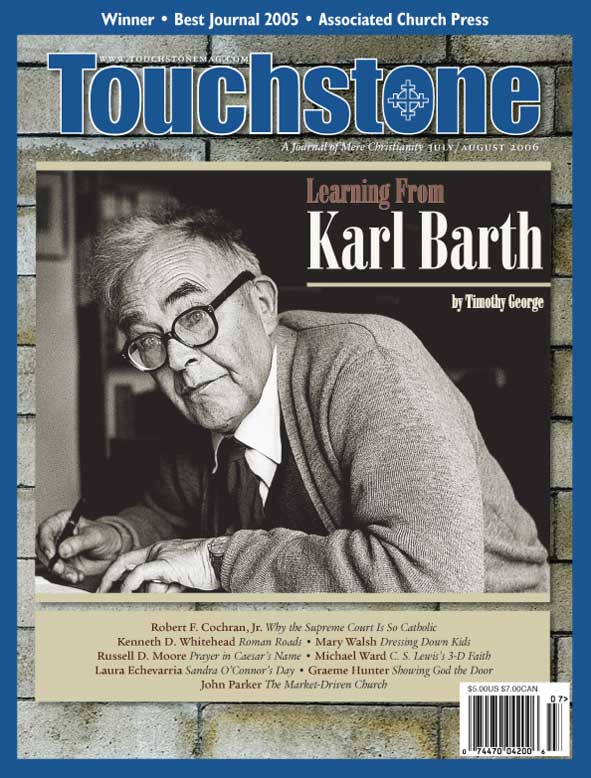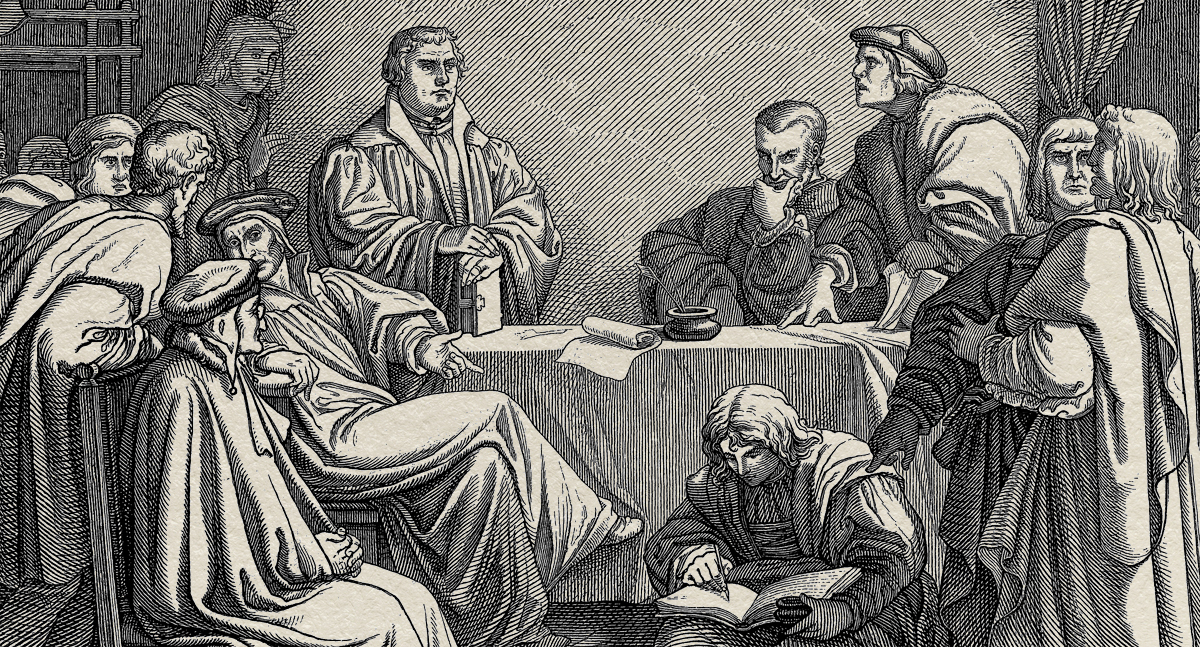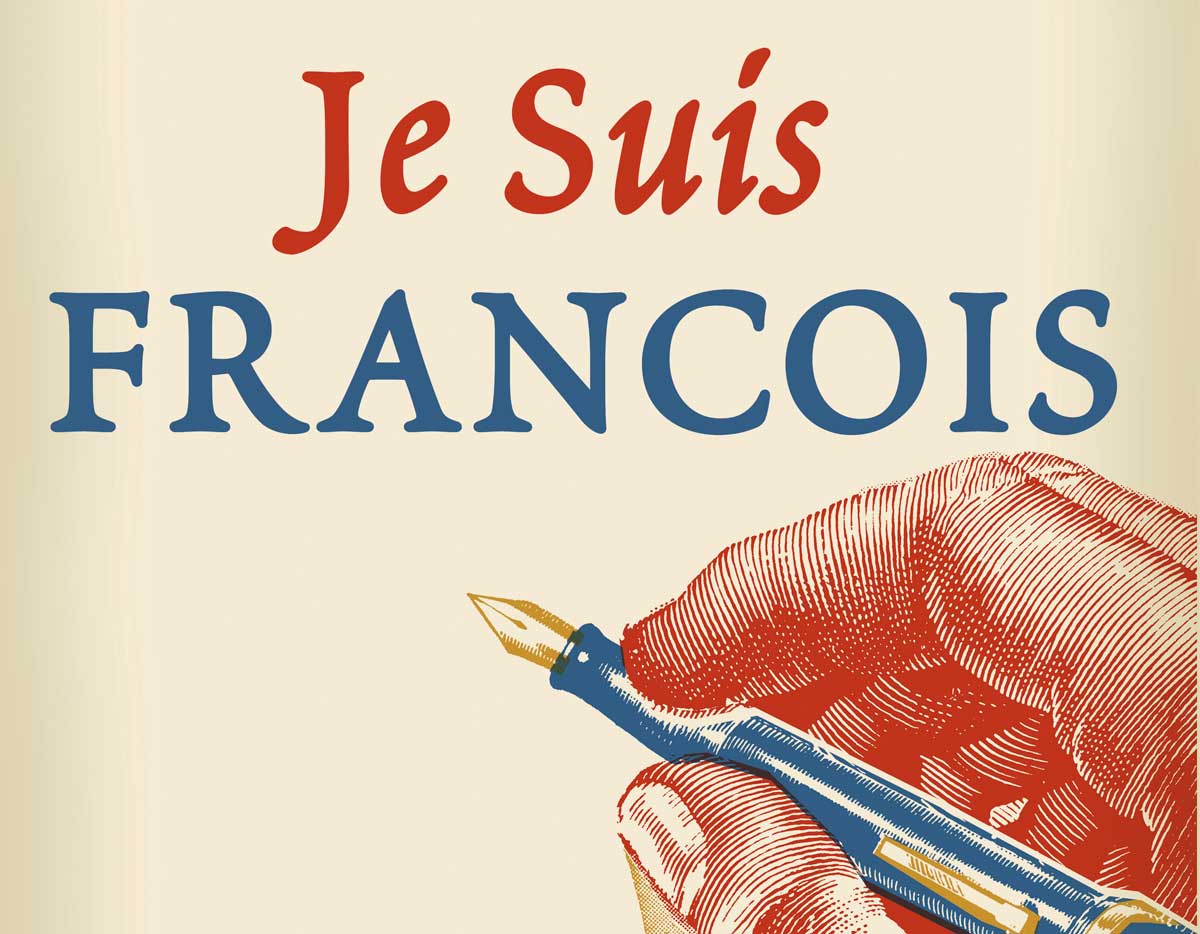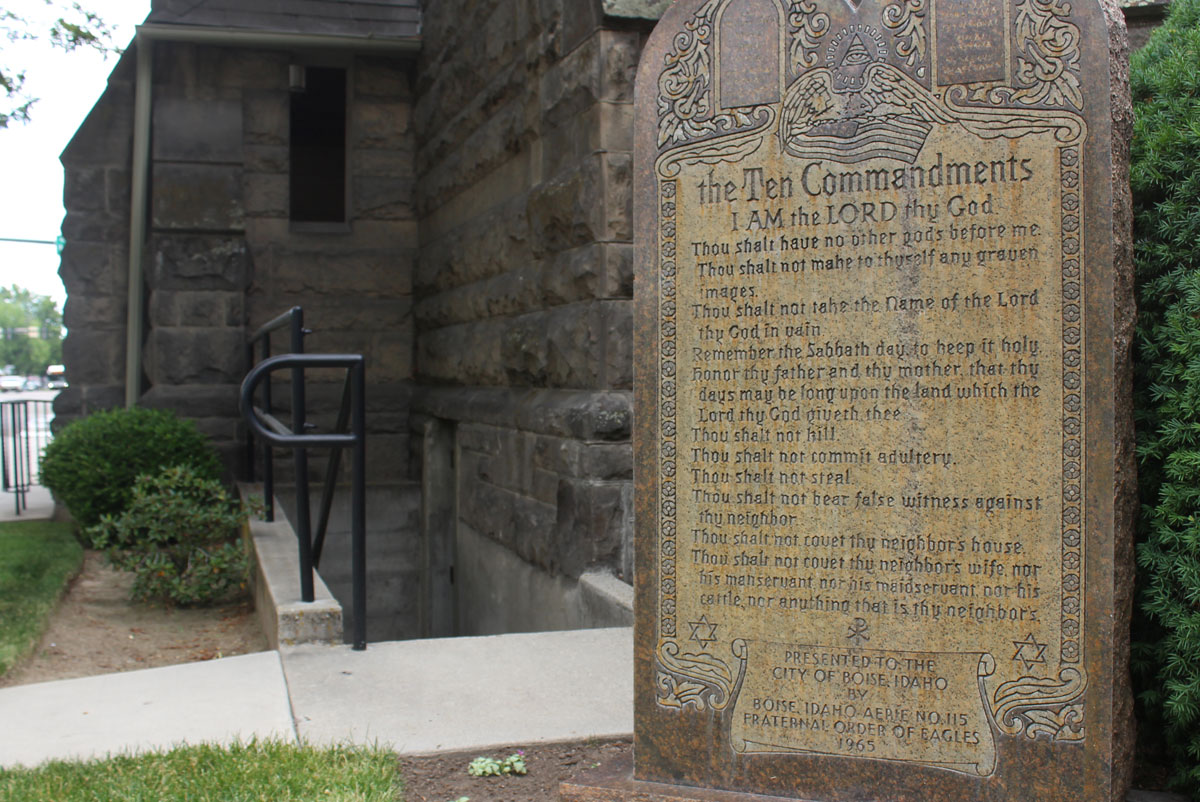Book Returns
Moderns Forever Be Holden
J. D. Salinger's The Catcher in the Rye
by Douglas Jones
“I’m the most terrific liar you ever saw in your life. It’s awful. If I’m on my way to the store to buy a magazine, even, and somebody asks me where I’m going, I’m liable to say I’m going to the opera. It’s terrible.” That voice, that distinctive voice of sixteen-year-old Holden Caulfield, confessing and sinning, tripping and announcing, produced more fictional grandchildren in a short time than any bodily grandfather could.
Holden Everywhere
Holden is now everywhere. Short stories. Stage. Commercials. Novels. Big screen. Home. Every contemporary writer can speak Holden Caulfield, even those who have never read of him. Holden is a dialect. In 1951, the year J. D. Salinger’s The Catcher in the Rye appeared, the literary critic T. M. Longstreth prophesied, “Fortunately, there cannot be many of him yet. But one fears that a book like this given wide circulation may multiply his kind.”
In some ways, that’s a compliment to Salinger: Something he created became pervasive. In another way, it’s an insult: His art is easily imitated. Hemingway and Joyce face the same problem; Shakespeare and Dostoevsky don’t.
So many social factors have to mesh at the right moment for an artwork to dominate a culture like this, for even a brief moment of decades. Salinger’s novel accomplished this by precisely expressing the secular theology of our time, modern gnosticism.
On the surface, Salinger gave us the believable rebelwithoutaclue that teens longed for. Critic Fred Batman said of his first reading at sixteen, “I was simply dazzled. I thought the book had been written especially for me. . . . Holden has also been a personal savior of sorts.” He speaks for many.
Indeed, the novel is usually summarized as a characterization of how Holden is torn between two worlds, the tense transition everyone faces between childhood and adulthood. But in Holden, Salinger unwittingly captured the two paradoxical dogmas of twentieth-century gnosticism: sentimentalism and cynicism, perfectionistic idealism and hostility to common, material life.
For the gnostic, ancient or modern, spirit is the purity that produces a faux childish, spiritual, unearthly innocence, and body is the evil that produces the unspiritual, earthly, practical, civilized, and adult. The twentieth-century gnostic regularly denounces evil and injustice in life because it doesn’t fit his view of Edenic reality, all the while insisting that life is ugly and not worth living. He associates spirit with innocent childhood, body with evil adulthood. Thus, he simultaneously resents and embraces evil. Holden Caulfield is modern gnosticism’s poster boy.
Kicked out of an expensive prep school yet again, and afraid to tell his Manhattan parents, Holden delays his return home by trying to party around town. His voice opens the novel in fine modern style, cutting himself off from the past: “If you really want to hear about it, the first thing you’ll probably want to know is where I was born, and what my lousy childhood was like, and how my parents were occupied . . . but I don’t feel like going into it. . . . In the first place, that stuff bores me.”
And in New York
Before leaving school for good, Holden visits an old instructor but soon becomes annoyed with him. Back at his dorm, he struggles with acquaintances and his roommate, with the latter finally bloodying his nose. He heads off for New York and checks into a hotel.
In the city, he spends most of his time trying to connect with young women by phone and dance and bar, but they all end up dropping him. He turns away a prostitute he ordered and is forced to pay more. He runs into some nuns, and they impress him, but the only person he can stand to be around is his ten-year-old sister Phoebe.
He sneaks into his home and wakes Phoebe—a voice of adult wisdom. She tells Holden, “You don’t like anything. . . . You don’t like a million things. You don’t.” He likes Phoebe, he says, and he really likes the picture expressed in an old song that speaks of thousands of kids running about a rye field near a cliff, and how “I have to come out from somewhere and catch them” to save them from falling, all day long. Phoebe tells him he got the wording mixed up: It’s not “catcher in the rye” at all, an irony that shows how shallow are his dogmatism and dreams.
Holden visits his former English teacher, but interprets his teacher as making homosexual advances. He sends a note to Phoebe announcing that he’s running away and asks to meet her. She insists on joining him, but he refuses. He gets her interested in a carousel and delights in watching her ride: “I felt so damn happy all of a sudden, the way old Phoebe kept going around and around.”
The novel closes with Holden refusing to give us all the details of how he became “sick” after that, but he says the psychoanalyst at the institution keeps asking annoying questions.
The Phony War
Throughout the novel, Holden famously declares himself at war with phoniness, a war against life’s common compromises and messy interactions. His idealism lifts him above actual life to a seat of pristine judgment. “It was one of the worst schools I ever went to. It was full of phonies. . . . Even the couple of nice teachers on the faculty, they were phonies, too.”
But the people he criticizes aren’t villains, just regular people trying to persevere through confusions. Holden resents anything that doesn’t match his naïve and perfectionistic demands. As literary critic Sanford Pinsker surmised, “Holden is too moral for the world.”
Not exactly. Holden’s war against phoniness reveals his assumption that his life and life in general is wholly innocent, that he still dwells in some unfallen moral state, Edenic, childlike, and happy. Hence, any evil or imperfection he sees is unjust, an intrusion into Eden. Evil has no rightful place in Holden’s life, and so he has no category for sanctification or chastisement, or maturity.
So Holden and millions of other moderns learn at a very early age to simply resent evil, to despise all ugliness, but not to face evil, including the evil in themselves. For Holden, evil can never be an obstacle, because he is innocent.
Holden, like other moderns, portrays this resentment of evil as a sensitivity to all suffering, but it is a sensitivity, a deadly tenderness, that kills maturity. Flannery O’Connor wrote at the same time as Salinger, and she often complained about the sentimentalism of the times, noting that “sentimentality is a skipping of this process [Christ’s cross] in its concrete reality and an early arrival at a mock state of innocence.” Holden expresses this gnostic, “mock innocence” precisely.
The Catcher in the Rye, then, works wells as a catechism for moderns. This story and Holden’s famous voice stick in the memory. The story moves. It creates personalities. It teaches its disciples how to live in the gnostic paradox of sentimentalism and cynicism, childish idealism and hatred of life.
Deadly Tenderness
In contrast to Holden’s sentimentalism stands his cynicism. Where sentimentalism sees reality as fundamentally innocent and clean, a pastel nursery, cynicism sees evil and ugliness in everything. It is the conspiracy buff’s chosen vision. Everything is so depraved that no good can overcome evil. Whereas sentimentalism is optimistic about the future, cynicism sees it all decaying.
We find Holden’s sentimentalism and cynicism nicely intertwined in the passage that describes his first night at the Edmont Hotel. He looks out his window dualistically, selfrighteously denouncing the people he sees, all the while drawn by the dirtiness of the body. The body is simultaneously inferior and enticing. Looking into another room he sees
a man and a woman squirting water out of their mouths at each other. It probably was highballs, not water, but I couldn’t see what they had in their glasses. . . . You should’ve seen them. They were in hysterics the whole time, like it was the funniest thing that ever happened. I’m not kidding, the hotel was lousy with perverts. I was probably the only normal bastard in the whole place. . . .
“The trouble was, that kind of junk is sort of fascinating to watch, even if you don’t want it to be,” he continues.
In my mind, I’m probably the biggest sex maniac you ever saw. Sometimes I can think of crumby stuff I wouldn’t mind doing if the opportunity came up. . . . The thing is, though, I don’t like the idea. It stinks, if you analyze it. . . . It’s really too bad that so much crumby stuff is a lot of fun sometimes.
Holden has no categories for holy sexuality. He can identify perverts, and he’s enticed by “crumby” sexuality, and yet it all “stinks.” He’s innocent and yet tainted by body.
This clash of sentimentalism and cynicism doesn’t arise naturally in every life. And it certainly ought not be a perennial part of everyone’s growing up. It nicely captures a recent dilemma, but it’s a huge stretch to claim, as does Pinsker, that Holden “is perhaps the most rounded, most affecting portrait of a sixteen-year-old American boy we shall ever have.” Much too much. It’s that claim of eternity that sticks in the throat; the book captures the mind and ideals of a few decades, and that’s it.
Quaint Holden
Though for many readers like Pinsker, Holden is a universal man, a man in whom we can recognize ourselves, he is a very parochial, not universal, figure. Salinger doesn’t really give us the “perennial confusions of adolescence.”
A thousand years from now, the modernity he expresses will merely be a several-century fad. Holden will be to readers then as trivial as an early Gnostic prophet is to us, a quaint archetype of a short era. Alyosha and Dmitri and Frodo will still stand, but our descendents will have a hard time remembering the characters who represented modernity’s ideal.
The Catcher in the Rye is a powerful morality tale for a certain fading mythology, and as such, it provides a convenient model for moderns raising themselves, which explains why Holden is now everywhere. They can absorb him and get direction on how to feign profundity, honesty, and angst, and conveniently both resent and embrace evil. Colleges are still full of them marching in lockstep individuality.
Douglas Jones is senior editor of Credenda/Agenda magazine (www.credenda.org) and a fellow of philosophy at New St. Andrews College in Moscow, Idaho.
subscription options
Order
Print/Online Subscription

Get six issues (one year) of Touchstone PLUS full online access including pdf downloads for only $39.95. That's only $3.34 per month!
Order
Online Only
Subscription

Get a one-year full-access subscription to the Touchstone online archives for only $19.95. That's only $1.66 per month!
bulk subscriptions
Order Touchstone subscriptions in bulk and save $10 per sub! Each subscription includes 6 issues of Touchstone plus full online access to touchstonemag.com—including archives, videos, and pdf downloads of recent issues for only $29.95 each! Great for churches or study groups.
Transactions will be processed on a secure server.
more on education from the online archives
more from the online archives
calling all readers
Please Donate
"There are magazines worth reading but few worth saving . . . Touchstone is just such a magazine."
—Alice von Hildebrand
"Here we do not concede one square millimeter of territory to falsehood, folly, contemporary sentimentality, or fashion. We speak the truth, and let God be our judge. . . . Touchstone is the one committedly Christian conservative journal."
—Anthony Esolen, Touchstone senior editor













